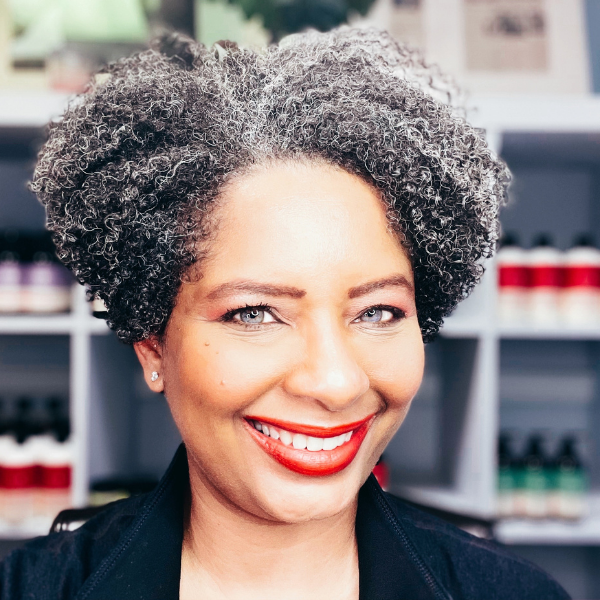When I (finally) married my boyfriend of 12 years, I didn’t suddenly feel like a different person who needed a different name.
A new study shows women's decisions unfairly changes others' perception of husbands.
When I (finally) married my boyfriend of 12 years, I didn’t suddenly feel like a different person who needed a different name. And I certainly didn’t think my decision to remain the Meredith Bodgas I’d been for 25 years would affect the Paul DiPilato my now-husband had been for the same two-and-a-half decades. But a new study, first published online in November 2017 from Springer’s Sex Roles journal, proves I’d gravely miscalculated.
According to researchers at the University of Nevada, “When a woman chooses not to take her husband's surname after marriage, people perceive her husband as being higher in traits related to femininity and lower in traits related to masculinity. He is also perceived as having less power in the relationship.” To arrive at this conclusion, participants in the U.S. and the U.K. took online surveys, answering questions about men’s personality and power based solely on whether their wives kept or changed their last names.
[Insert fury here.]
Why is it so hard to believe that a man might be comfortable enough in his manliness to love a woman with a different last name than his own? Why does a woman’s choice make her husband more womanly? And what does a woman’s name have to do with a man’s power? How a woman is referred to should be her decision and her decision alone. Any loving, supportive husband, powerful or not, understands that. Is it so hard for the rest of society to get it?
Previous studies had looked at how people regard the wives who don’t change their last names, like this gem that found that poorly educated men believe that women who keep their names neglect their marriages. But this latest study is reportedly the first to look at how the husbands of these wives are perceived.
"We know from prior research that people high in hostile sexism respond negatively to women who violate traditional gender roles," says lead researcher Rachael Robnett, Ph.D., a developmental psychologist. "Our findings show that they also apply stereotypes to nontraditional women's husbands."
The researchers speculate that these beliefs could be why the practice of women adopting their husbands’ names is so prevalent. That’s problematic because “adherence to the tradition may have negative psychological implications for some women,” say the study authors, citing 2005 research. And if managers with these biases find out about prospective candidates’ and/or reports’ last-name choices, there could be negative career repercussions—for wives and husbands.
Written by Meredith Bodgas for Working Mother and legally licensed through the Matcha publisher network. Please direct all licensing questions to legal@getmatcha.com.




